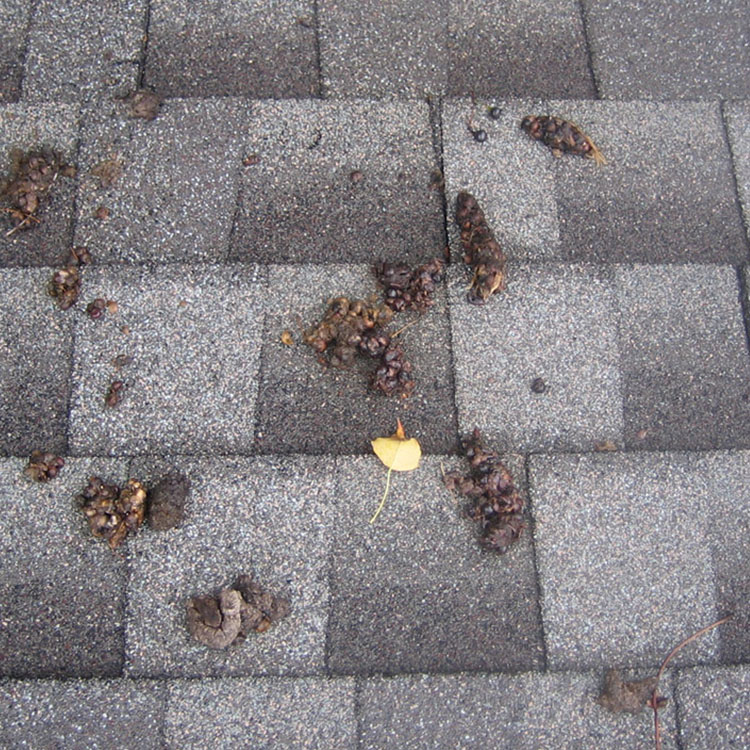How to Get Raccoons out of the Attic
Why Do I Have Raccoons in My Attic?
Racccoons settle in an attic for convenience. It's usually close to a nice garbage can, wooded area, trash dump, or other raccoon-friendly place. Raccoons are especially big fans of swimming pools, rivers, lakes, and rainwater buckets. They'll sit by the edge of the water with their newly found food and attempt to clean it in the water before stuffing their furry faces with it. If they have access to all of these things, the raccoons will stay for as long as you'll have them. They're on permanent vacation in your home.

Raccoons also like attics because they have to climb to get into them. Gutters and drain pipes are like tree branches to them, and the attic is their tree fort. It's usually a consistent temperature, dry, and there's plenty of room for them to start making a family.
Inspecting for Raccons
It doesn't take a genius to spot a raccoon. They tend to freeze up when frightened and will most likely stay still if they see you for at lease 30 seconds. TOn the off chance that you don't see your raccoon roommate in the attic, you'll be able to tell that you have a raccoon in your attic by the size and volume of waste that they generate. Out of all the attic-dwelling nuisance wildlife creatures, their poop is the largest and most odorous.

Examining Raccoon Feces
This should be done by a licensed and insured specialist. However, if you're a do-it-yourself kind of person, please take extra caution when examining feces of any animal. You can usually figure out what they're eating based on the feces. If you see what appears to be the food you've been throwing out for the past week in their feces, you're going to need a better garbage can. Not only are you housing this intruder, you're feeding them too!
Signs of Raccoon Damage
Raccoons leave distinctive claw marks on just about everything they destroy. You can tell it's a raccoon that has made a hole in your roof, fascia board, siding, or soffit, very easily. These creatures are pretty smart for their size and aren't afraid to tear at wood, metal, and high-density plastic. Their claws can become very sharp, and will shred these materials like newspaper if they are determined enough.
Removing Racoons from Your Attic
The good news is that raccoons, unlike bats, rats, or mice, don't tend to have large colonies. They are not likely to make a large settlement in your attic, but a family of raccoons may live together in one attic. In order to remove raccoons humanely, it's important to make sure that you don't separate baby raccoons from their mother before they have matured.
